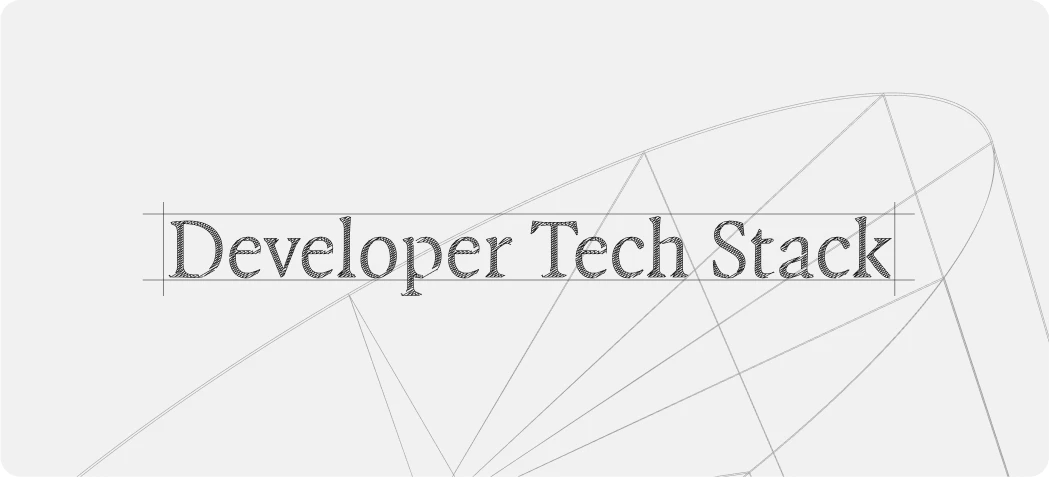
 As a tech journalist, Zul focuses on topics including cloud computing, cybersecurity, and disruptive technology in the enterprise industry. He has expertise in moderating webinars and presenting content on video, in addition to having a background in networking technology.
As a tech journalist, Zul focuses on topics including cloud computing, cybersecurity, and disruptive technology in the enterprise industry. He has expertise in moderating webinars and presenting content on video, in addition to having a background in networking technology.
Kingfisher plc, the home improvement giant behind brands like B&Q and Screwfix, is taking steps to improve how its developers work.
The company has been using GitLab to shake up its software development process, focusing on security, streamlining tools, and automating repetitive tasks. The ultimate goal? To make life easier for its teams while delivering better results, faster.
At the recent GitLab DevSecOps World Tour in London, Parmar, one of Kingfisher’s tech leaders, shared the story behind the company’s transformation. During a lively chat with GitLab’s Sherrod Patching, Parmar explained how GitLab is helping Kingfisher’s teams move from ideas to finished software more quickly and smoothly.
For some context, Kingfisher is no small player. With over 2,000 stores spread across eight European countries and £13 billion in revenue last year, the company has a lot riding on its technology. Since adopting GitLab in 2016, Kingfisher has gradually upgraded how it works with the platform, moving to the Premium tier in 2020 and shifting from on-premises systems to the cloud. It has also built a library of reusable CI/CD components, making tasks like testing and deploying software much simpler.
Turning metrics into meaning
One thing Kingfisher does really well is tracking meaningful metrics—like how often it deploys updates or how long it takes to implement changes. But here’s the trick: it translates those numbers into insights that actually matter to company leaders.
“Executives don’t really care if a merge request takes 15 minutes or 20,” Parmar said. What they care about is how that impacts revenue or efficiency. By tying technical improvements to the bottom line, Kingfisher makes sure its leadership is on board with the changes.
Putting people at the centre
For Parmar, this whole process isn’t just about improving software, it’s about making developers’ jobs less frustrating. Kingfisher has set up a “developer experience squad” to focus on eliminating tedious, manual tasks and giving engineers more time to innovate.
“We’re focused on the hearts and minds of our people… and remembering that people can be attached to how they work through pipelines,” Parmar explained. “People have different ways of building their pipelines. We need to understand what they need, what their workflows look like, and then work with them to find the right solution. After, we’ll go back to them with data that shows the improvements worked. So instead of telling them what they need, we find out what that is, and fix what’s slowing them down. That builds a very good rapport with our engineers.”
What’s next for Kingfisher?
Looking ahead, Kingfisher’s tech teams have some ambitious goals. It’s planning to integrate security earlier in the development process (what’s called “shifting left”), cut down on the number of tools it uses, and ramp up automation. By 2025, it also hopes to be exploring GitLab’s AI-powered features to see how these can boost productivity.
But Parmar says the key to all of this is putting people first. At the end of the day, this is about more than pipelines or tools; it’s about making life easier for teams and helping them do their best work, they said.
(Photo by Desola Lanre-Ologun)
See also: GitLab releases critical security patches amid vulnerability streak

Looking to revamp your digital transformation strategy? Learn more about Digital Transformation Week taking place in Amsterdam, California, and London. The comprehensive event is co-located with IoT Tech Expo, AI & Big Data Expo, Cyber Security & Cloud Expo, and other leading events.
Explore other upcoming enterprise technology events and webinars powered by TechForge here.
Tags: developer, development
.png)
 1 month ago
20
1 month ago
20
 (2).png)


/cdn.vox-cdn.com/uploads/chorus_asset/file/25515570/minesweeper_netflix_screenshot.jpg)




 English (US) ·
English (US) ·